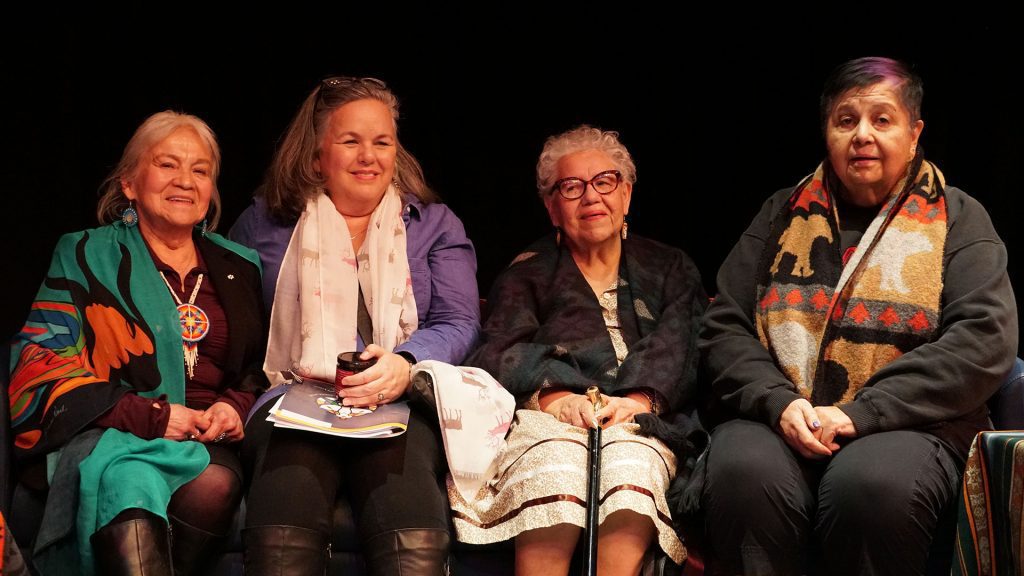
First Nations women’s rights advocate Yvonne Bedard has died.
Bedard, 84, from Six Nations of the Grand River, was one of the first women to challenge gender discrimination in the Indian Act at the Supreme Court of Canada in 1973.
Bedard lost her rights as a status Indian under the Indian Act after marrying a non-Indigenous man. When the couple separated, Bedard returned to the Six Nations reserve in order to occupy a home left to her by her mother through a will.
She could not own property on the reserve after losing Indian status through marriage and was asked to leave the home via a resolution by the band.
Bedard fought for her rights to Indian Status and property on the reserve by evoking the Canadian Bill of Rights, which preceded the Canadian Charter of Rights and Freedoms.
A decision in Bedard’s favour was granted by the Ontario Supreme Court but appealed at the Supreme Court of Canada in 1973 where her case merged with Jeanette Corbiere Lavell of Wiikwemkoong First Nation, who also lost Indian status through marriage under the Indian Act.
Men with status did not lose rights when marrying non-Indigenous people but the Supreme Court argued that the since the Indian Act dealt with all status Indians of any gender differently from Canadians at the time, Bedard and Corbiere Lavell were not discriminated against racially or on the basis of gender. In a five to four decision, the Supreme Court ruled against the women.
The Canadian charter was enacted in 1982 and the loss of Indian status through marriage ended with Bill C-31 in 1985.
Bedard’s fight for equality under the Indian Act inspired future legal challenges to provoke equality for Indigenous women.
Marking Equality Day and her 80th birthday as a visitor to the senate on April 17, 2018, Bedard became known as one of the “Indigenous Famous Six” – a group of women who championed women’s equality in Canadian law.
“The Indigenous Famous Six represent the movement for Indigenous women’s equality using the law, starting in the 1970s with Ms. Jeannette Corbiere Lavell and Ms. Yvonne Bédard and Senator Sandra Lovelace Nicholas, and into the 1980s, 1990s and now, Dr. Sharon McIvor, Dr. Lynn Gehl and Senator Lillian Dyck,” said Senator Marilou McPhedran at the time.
“Through their perseverance and tenacious strength, the Indigenous Famous Six teach us how to uphold the truth and undo injustices perpetrated by some of our laws to this day.”









